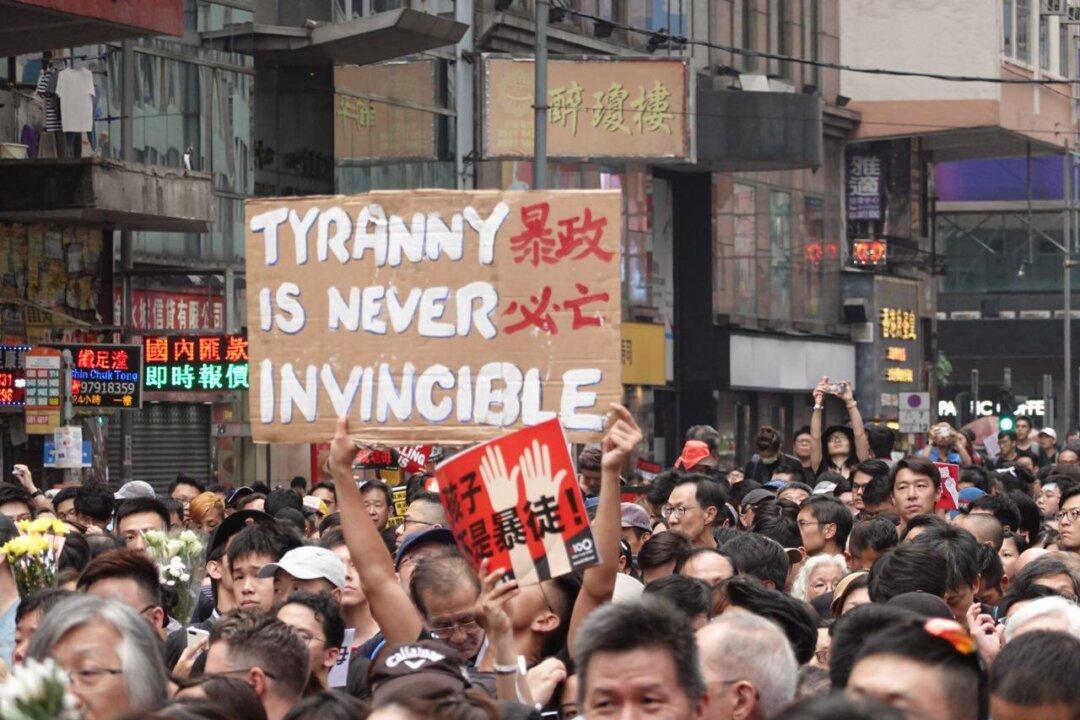The U.S. State Department has refuted claims by Beijing that the United States is “interfering in Hong Kong’s affairs,” and said Hong Kong protesters have legitimate concerns that have sparked mass demonstrations for more than two months.
“The ongoing demonstrations in Hong Kong reflect the sentiment of Hongkongers and their broad concerns about the erosion of Hong Kong’s autonomy,” a State Department spokesperson told The Epoch Times in an email.





